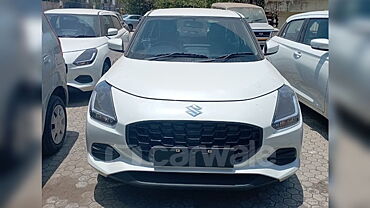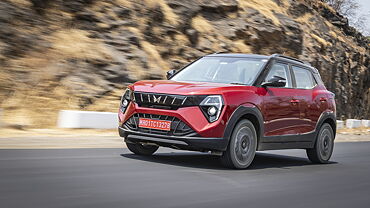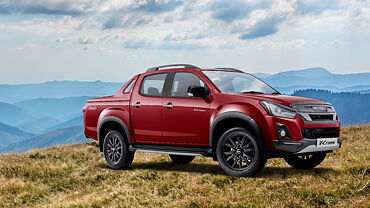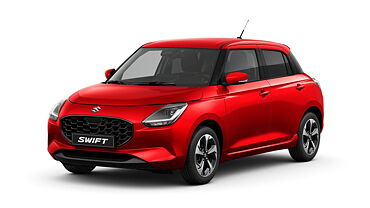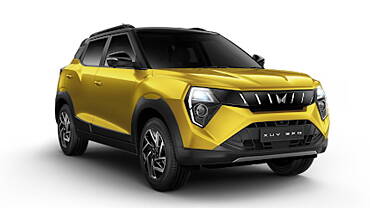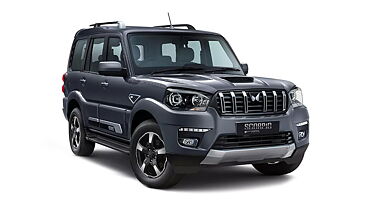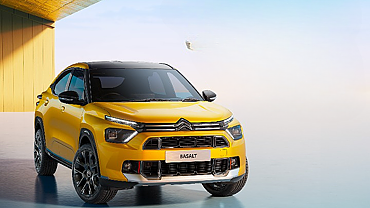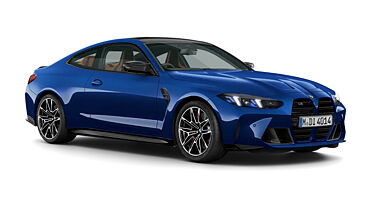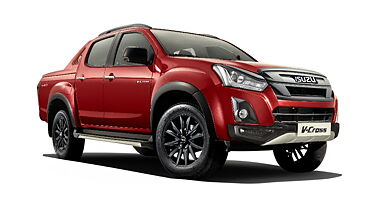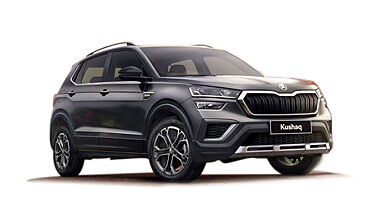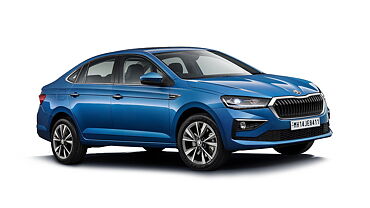Supreme Court of India has recently rolled out a statement saying that the consumer good manufacturers that are planning to grab a decent market share by offering products less than its production cost will be paying tax at the normal price of the goods, despite of the fact that its selling price is lower. It must be noted that the judgement was announced somewhere in September 2012; however its ramifications are now appearing in the limelight.
Following this decision, Fiat and its former partner Premier Automobiles are forced to pay a whopping amount of Rs. 360 crore, for Fiat Uno models which were put to sale below its production cost between 1996 and 2001.
On this, industry experts believe that the companies are adopting price below cost measures as a business strategy, which may not be accessed in the near future. Besides, manufacturers will also find the Supreme Court’s decision difficult in selling unsold stocks at discounted prices if the excise duty department emerges insistent by following companies for the proper judgement.
As the order rolled out, the excise department delivered around 10-15 notices to auto makers, mainly from Pune, requesting them to explain the cost structure of goods. On the other hand, Premier Limited has asked for a review petition in the Supreme Court and Fiat is also expected to follow the sale lines soon.
The partner in Indirect Taxes with KPMG, Sachin Menon, said, “This judgment has ramification which goes beyond the cases where goods are sold below cost. Even the existing law allows discounts, known at the time of clearance of goods, as a deduction from the assessable value of the goods that are taxed for the purpose of excise. Now, even these can be questioned on the basis of the intangible mileage achieved by the seller in the market place. The Fiat judgment thus has an impact of unsettling the legal positions that is being followed by the trade, industry and the department over the past few decades.”
Meanwhile, the Supreme Court is supporting excise authority as it has agreed upon Fiat’s strategy to grab attention in the auto market by offering its models below cost, which was resulting into extra commercial consideration. According to the current laws, the extra consideration recorded is required to flow from buyer to the vendor, but after this, any kind of concern accepted by the vendor from any source will be taxed, even if it is not quantifiable.





